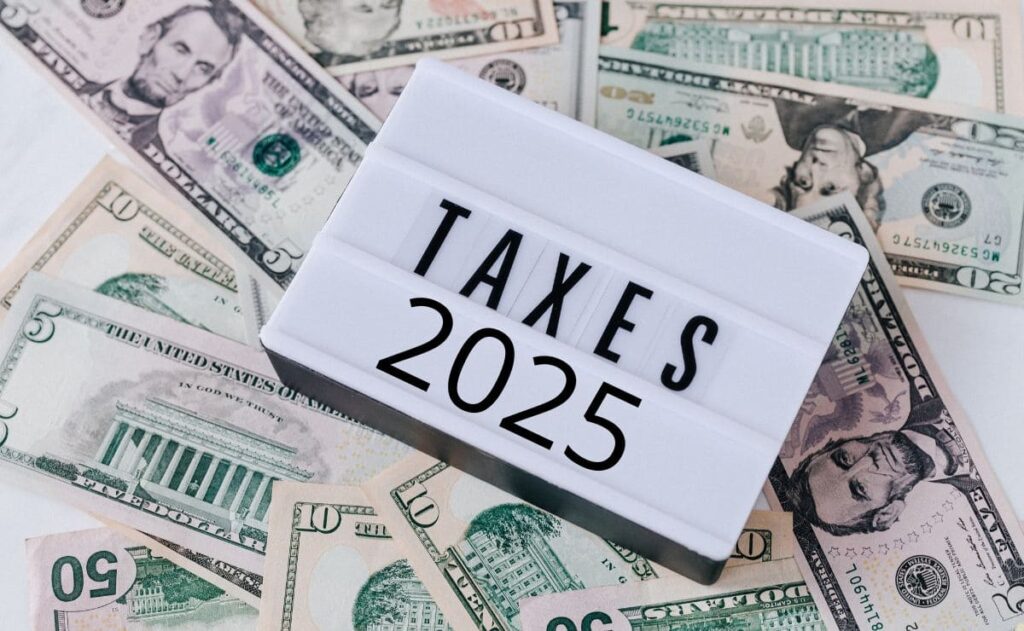As 2025 approaches, federal tax brackets set by the Internal Revenue Service (IRS) are expected to experience a moderate increase. According to Bloomberg Tax, tax brackets will be adjusted by 2.8% due to inflation, which represents the smallest adjustment in at least three years. This contrasts with increases of 5.4% in 2024 and 7.1% in 2023. Despite this adjustment, the impact on real taxpayer income is likely to be limited due to inflationary moderation.
These adjustments will directly influence income before changing the attorney’s tax bracket. For example, an individual filing as a single filer in 2025 will be able to earn up to $11,925 before being subject to the 10% tax, up from the $11,600 allowed in 2024. In addition, those in the 24% bracket will be able to earn up to $197,300 before moving into the 32% bracket, a figure that was $191,950 in 2024.
2025 IRS formula based on the Consumer Price Index
IRS tax brackets will remain mostly the same in 2025, with rates of 10%, 12%, 22%, 24%, 32%, 35% and 37%. Each year, the IRS adjusts the tax brackets using a formula based on the Consumer Price Index (CPI), which measures the cost of goods and services and reflects inflationary increases. This adjustment prevents “bracket creep,” a phenomenon where inflation pushes taxpayers into higher brackets without a real increase in their income.
If these predictions are confirmed, the new IRS brackets for 2025 will apply in the 2026 tax season, affecting millions of taxpayers across the country. Below is a table of projected tax bracket percentages:
| Tax Bracket (%) | Annual Income (approximate) |
|---|---|
| 10% | Up to $11,925 |
| 12% | $11,926 – $44,725 |
| 22% | $44,726 – $95,375 |
| 24% | $95,376 – $197,300 |
| 32% | $197,301 – $421,000 |
| 35% | $421,001 – $628,300 |
| 37% | Over $628,301 |
These values are estimates based on annual adjustments made by the IRS and are subject to confirmation in 2025.
What is the IRS and what is its role?
The Internal Revenue Service (IRS) is the United States Government agency responsible for collecting taxes and enforcing tax laws. Founded in 1862, the IRS administers the federal tax system and manages a variety of taxes, including income tax, corporate taxes, and employment taxes. Its primary function is to ensure that taxpayers meet their attorney obligations and to facilitate services such as filing returns and processing refunds.
In addition to collecting taxes, the IRS is responsible for implementing annual tax adjustments such as tax brackets, which are intended to mitigate the impact of inflation and maintain fairness in taxation. It also offers a variety of credits and deductions to ease the tax burden on taxpayers, and plays an essential role in funding the federal government.
